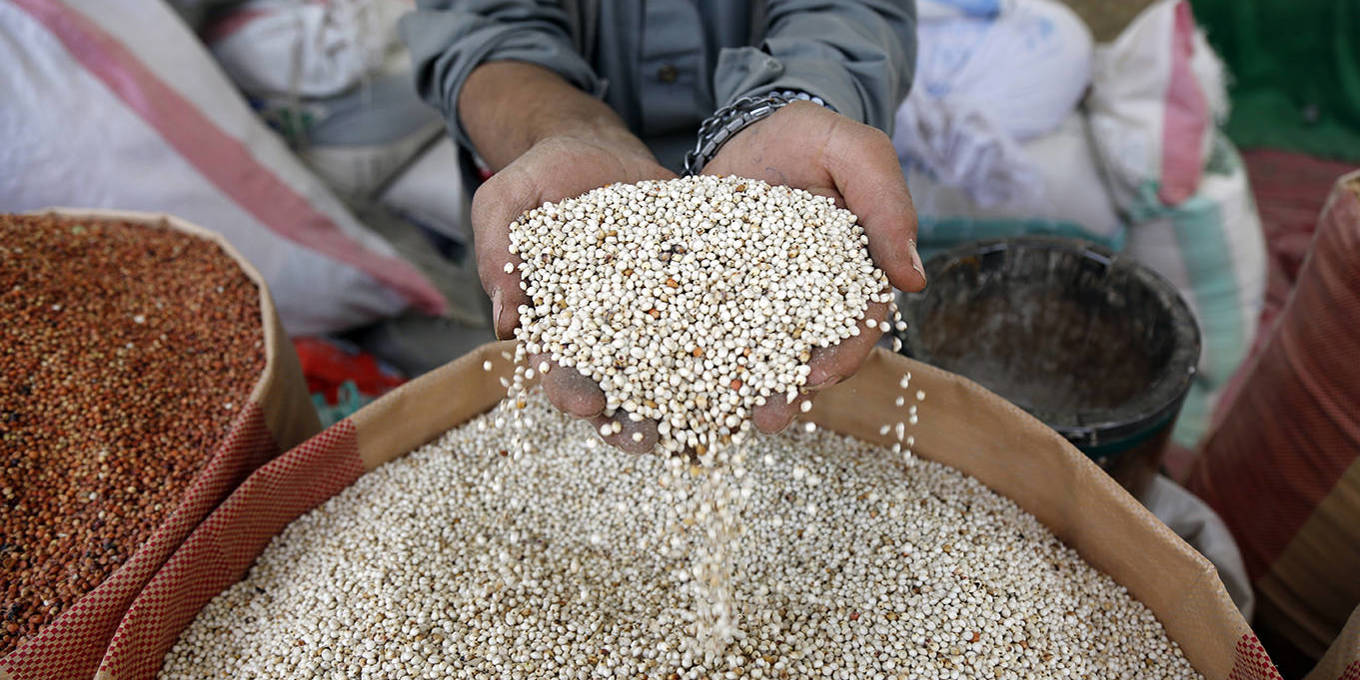
LONDON/WASHINGTON, DC/WARWICK – With the world’s human population expected to reach a staggering ten billion in the next century, the question of how to achieve food security looms large. The current food system is certainly not up to the task: already, it is failing to ensure that the global population is nourished and contributing to environmental degradation. Radical reform is long overdue.
About 735 million people worldwide faced hunger last year. Some 828 million were undernourished, and nearly 148 million children under five were affected by stunting. Lack of access to fresh, nutritious food has also contributed to rising obesity levels in many communities, as people have been forced to turn to unhealthy foods. Obesity raises the risk of chronic illnesses like type 2 diabetes, heart disease, stroke, cancer, and hypertension.
Malnutrition in all its forms (underweight, overweight, and micronutrient-deficiency) heightens a person’s vulnerability to infections, fueling a harmful cycle of adverse health outcomes. Meanwhile, the constant struggle to secure adequate nutrition – even to avoid starvation – takes a toll on one’s mental health, leading to anxiety, stress, depression, and more. As a recent United Nations report underscores, the right to food and the right to health are inextricably linked.
To continue reading, register now.
Already have an account?
Log in
